The Indian government’s Department of Telecommunications (DoT) has imposed strict security checks on Elon Musk’s Starlink and Amazon before securing their approval to provide satellite communication services, The Economic Times reported late last week.
Elon Musk’s Starlink and Amazon are yet to pass security checks for satellite service approval in India as the two two companies will have to provide detailed information for compliance with additional security checks on key parameters such as data security and coverage areas.
Bharti-backed OneWeb and Reliance’s Jio partnership with European satellite operator SES have already received the stamp of approval.
The ET report, which quoted an unnamed telecom department official, said the government has sent letters to both companies demanding the relevant information for compliance and have not yet received replies. “Their applications can be processed only after they submit the compliance,” said the official.
Last week Reliance Jio and Bharti Airtel clashed with satellite players like Starlink and Amazon’s Kuiper that are eyeing India’s lucrative satcom market at TRAI’s open house discussion, as telecom operators made a spirited pitch for level-playing-field among the “competing” “substitutable services” and satcom companies argued that justification for administrative assignment of radiowaves is “techno-economic”.
The high-voltage discussions went on for over six hours under the watchful eye of the regulator Telecom Regulatory Authority of India (TRAI) and saw active participation of all key stakeholders — from Jio, Airtel and Vodafone Idea to satellite biggies like Elon Musk’s Starlink and Amazon (Project Kuiper is Amazon’s low Earth orbit satellite broadband network), according to a PTI report from New Delhi on November 8.
The open house discussion was punctuated with frequent interjections and counter-arguments, and, at times, emotional outbursts, as opposing fractions made their submissions on issues such as pricing, period of assignment of satcom spectrum, frequency bands, roll out obligations, and other nuances.
Ravi Gandhi of Reliance Jio had batted for a level-playing field saying same terms and conditions, and same spectrum pricing is “extremely important”.
Gandhi also suggested that if the government decides not to auction spectrum for satcom, they can auction the licence — as was done in 2001 when licence was auctioned and spectrum was given on administrative basis for mobile services.
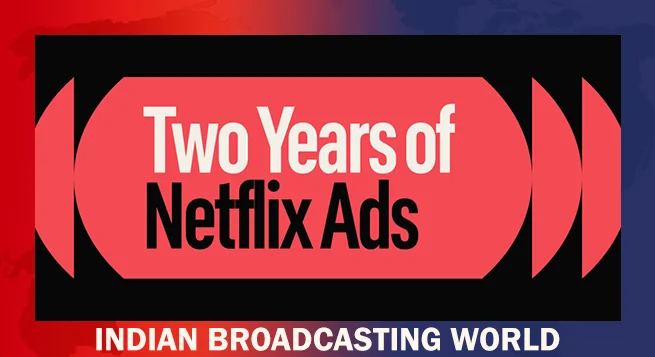 Netflix ad-supported tier touches 70mn MAUs globally
Netflix ad-supported tier touches 70mn MAUs globally 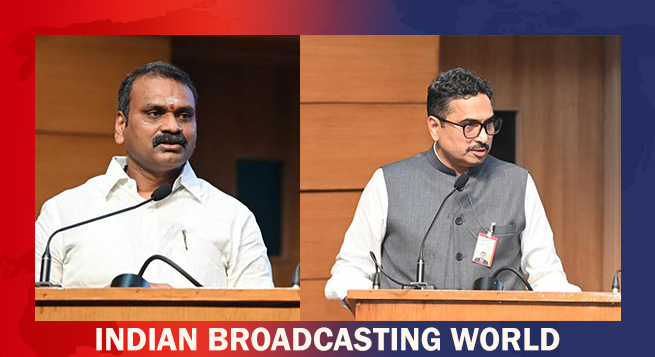 Minister Murugan likens IFFI to Cannes fest; ‘Better Man’ opening film
Minister Murugan likens IFFI to Cannes fest; ‘Better Man’ opening film 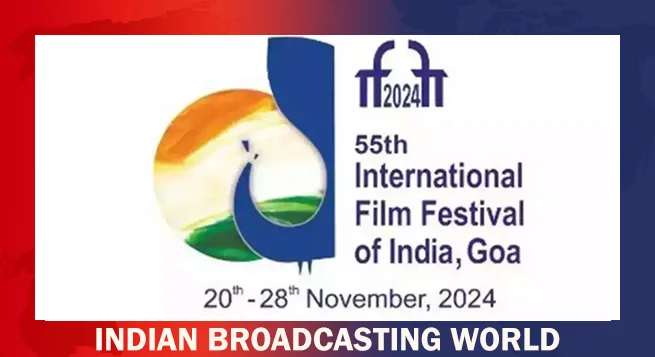 55th IFFI to introduce entertainment extravaganza IFFIESTA
55th IFFI to introduce entertainment extravaganza IFFIESTA 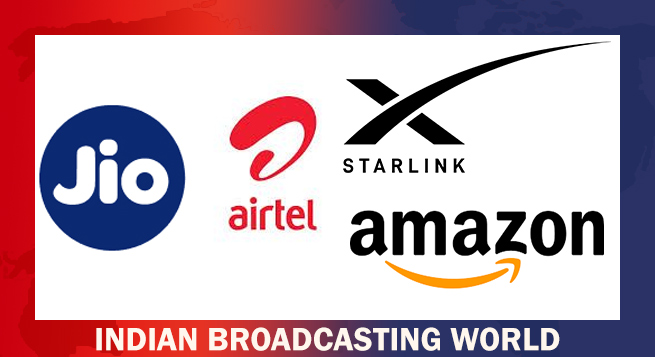 Jio, Airtel, Amazon, Starlink clash over satellite spectrum in TRAI OHD
Jio, Airtel, Amazon, Starlink clash over satellite spectrum in TRAI OHD 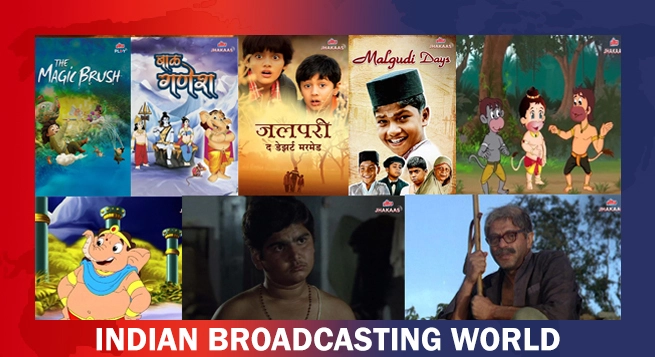 Ultra Group to stream ‘Malgudi Days’ for Children’s Day
Ultra Group to stream ‘Malgudi Days’ for Children’s Day 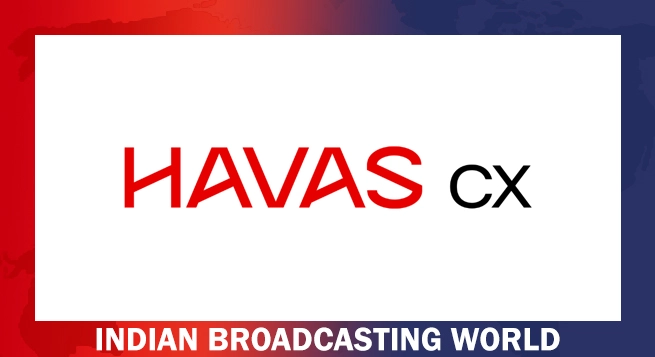 Havas CX expands into Southeast Asia with new Singapore hub
Havas CX expands into Southeast Asia with new Singapore hub  Devika Prabhu exits Disney Star after 16 years
Devika Prabhu exits Disney Star after 16 years  Disney-Reliance merger nears completion, ‘Jio Star’ set to launch
Disney-Reliance merger nears completion, ‘Jio Star’ set to launch  Bhuvan Bam celebrates ‘Deadpool & Wolverine’ debut on Disney+ Hotstar
Bhuvan Bam celebrates ‘Deadpool & Wolverine’ debut on Disney+ Hotstar 








